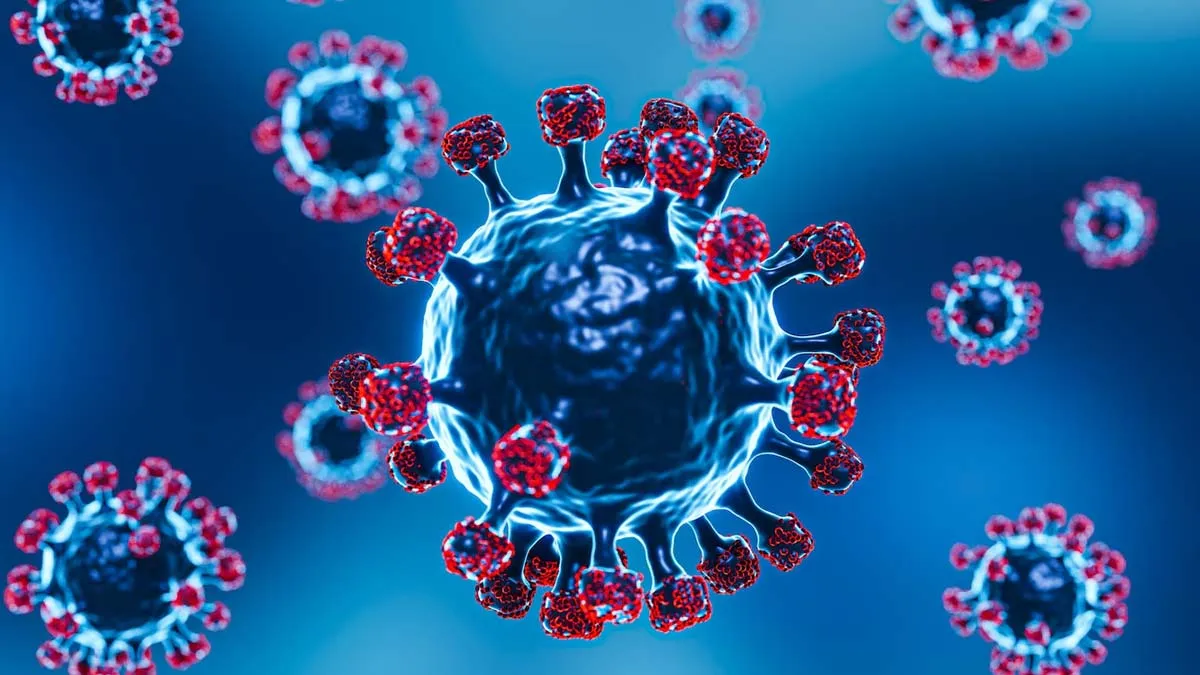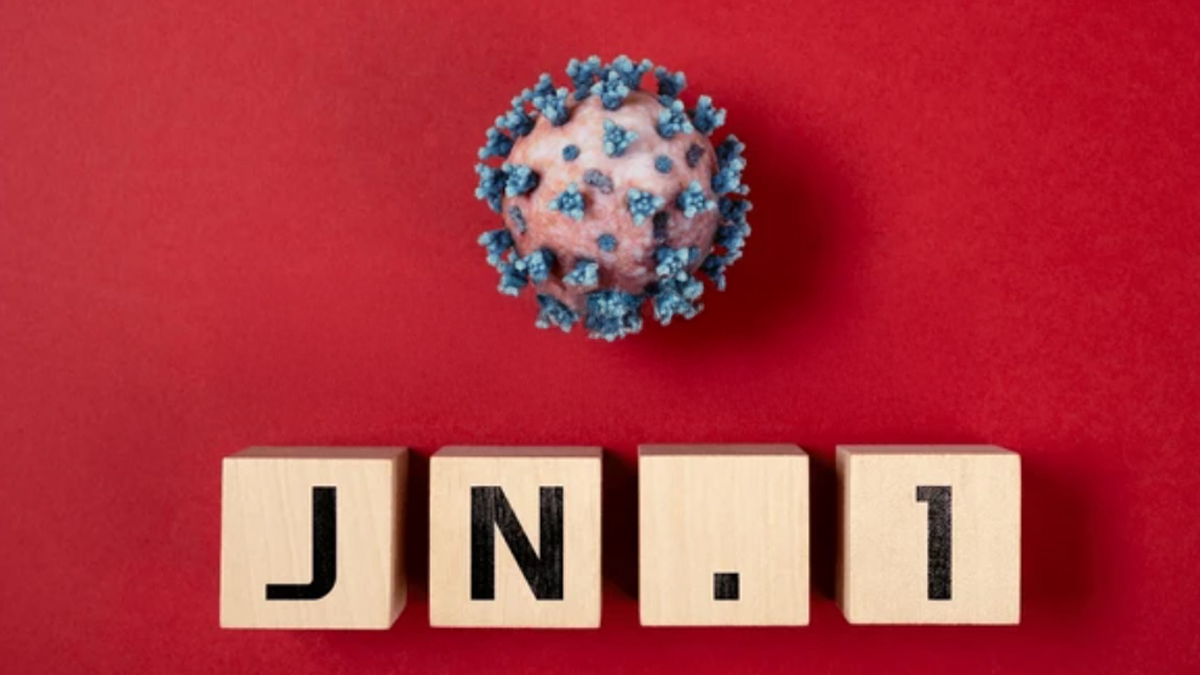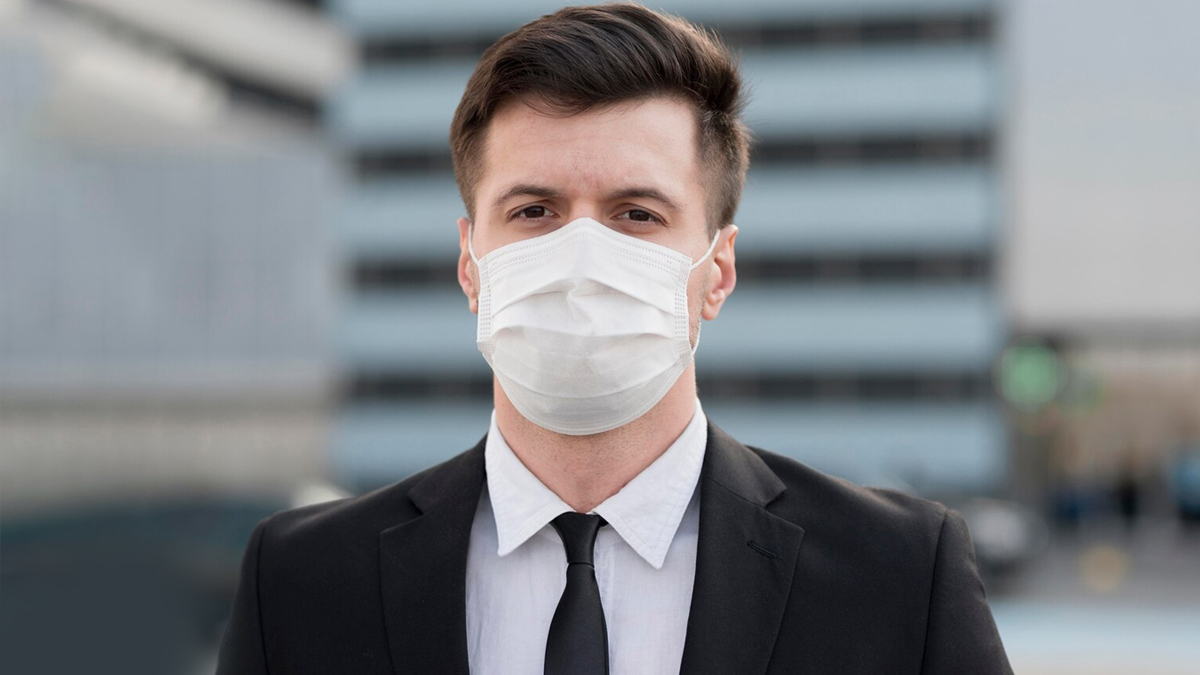
Just when we thought we had put the worst of COVID-19 behind us, rumours of its return are circulating again. With new strains and increased cases, particularly across some parts of Asia, the question arises: Is COVID-19 coming back? Let's examine the current situation in India, Hong Kong, and Singapore to understand what's happening.
Table of Content:-
We’re seeing a mild uptick in flu-like illnesses and a few COVID-19 cases testing positive again. However, there’s no cause for panic,” says Dr Siri M Kamath, Consultant – Internal Medicine, Gleneagles BGS Hospital, Kengeri, Bengaluru.
India: Staying Vigilant Amid Mild Uptick

As of May 19, 2025, the nation had 257 active COVID-19 cases, with most cases detected in Tamil Nadu, and Maharashtra.
There was a review meeting attended by the National Centre for Disease Control experts, Emergency Medical Relief division, Disaster Management Cell, Indian Council of Medical Research, and central government hospitals on 19th May, who stated that the situation in India is still under control.
The recent increase is due to the JN.1 variant, a descendant of the Omicron BA.2.86 lineage. Although more contagious, health experts say that this variant does not seem to lead to more severe disease than earlier strains.
In preparation, states, such as Jharkhand are taking the initiative. The Rajendra Institute of Medical Sciences (RIMS) in Ranchi has switched on its COVID-19 facilities, including isolation and 150 ICU beds, to meet any likey surge.
The Pune Municipal Corporation has also reserved 50 beds at Naidu Hospital as a precaution. Even though there are no active cases in city hospitals, the civic body is asking medical officers and private hospitals to report all COVID-19 or flu cases.
Also Read: The Post-COVID Immune Puzzle: Why Some People Still Fall Sick Too Often
Singapore: Masking Up Again

Singapore is experiencing a notable rise in COVID-19 cases. Between May 5 and 11, the country reported approximately 25,900 new cases, nearly doubling from the previous week's 13,700.
The main COVID-19 variants circulating in Singapore are LF.7 and NB.1.8, both descendants of the JN.1 variant. In response, the Ministry of Health has advised the public to wear masks in crowded places, especially indoors, and to stay home if experiencing symptoms of acute respiratory infection.
Hong Kong: Monitoring the Situation
Hong Kong is experiencing a surge in COVID-19 cases, with the percentage of respiratory samples testing positive for the virus reaching 13.66% as of May 15, up from 6.21% four weeks prior. The increase in infections has persisted since early March. In light of the significant rise in cases, the Hong Kong government has advised high-risk groups, such as individuals with underlying health conditions or weakened immune systems, to get a Covid-19 vaccine dose at least six months after their last dose or infection, irrespective of how many doses they have had before.
While the rise in COVID-19 cases in these regions is noteworthy, it's essential to approach the situation with cautious optimism. The current variants, including JN.1 and its sublineages, do not appear to cause more severe illness than previous strains. Moreover, healthcare systems are better prepared, and vaccination rates remain high.
Also Read: JN.1 Variant Triggers COVID Surge in Singapore: What Makes It Different And How to Stay Safe
Message From The Expert
Dr Kamath concluded, "This isn’t a ‘wave’ like we saw in 2021. The virus is likely to stay around in some form, much like the flu. Most cases are mild, with symptoms like sore throat, fatigue, or low-grade fever. What matters now is basic respiratory hygiene—wearing a mask if you’re unwell, avoiding crowded places if you have symptoms, and not ignoring persistent coughs or fever."
"Vaccination still offers strong protection against serious illness, especially for the elderly and those with health issues. So, while COVID hasn’t disappeared, it’s not back in the way we feared; it’s just something we’ll likely learn to live with," he added.
[Disclaimer: This article contains information provided by an expert and is for informational purposes only. Hence, we advise you to consult your professional if you are dealing with any health issue to avoid complications.]
Also watch this video
How we keep this article up to date:
We work with experts and keep a close eye on the latest in health and wellness. Whenever there is a new research or helpful information, we update our articles with accurate and useful advice.
Current Version
